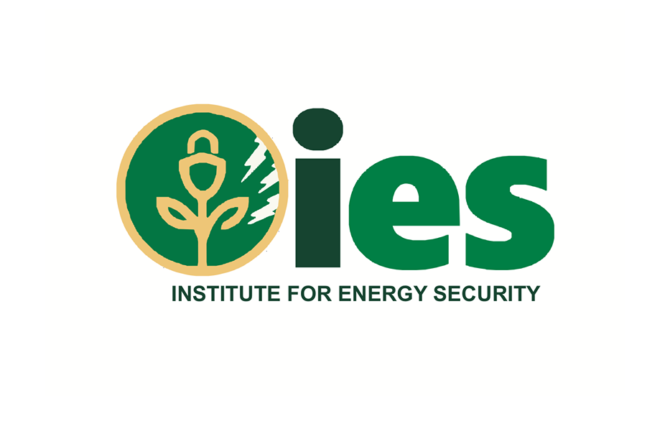The Institute of Energy Securities wants government to consider revising its decision to put a freeze on discussions and issuance of licenses to new Independent Power Producers including renewables that are cheaper and more environmentally friendly.
According to the IES, a revision of the decision is necessary because it has stalled many renewable power project, some of which has secured all the technical permits from the relevant government and district agencies.
It said in a statement in reaction to President Akufo-Addo’s assertion that he will ensure 100% electricity coverage in the country by the end of his second term.
“Though the IES is pleased with government's renewed resolve to act on this mandate, it remains cautious in hope as recent history does not instill confidence. The IES as a result entreats the appropriate authorities to make the necessary investments and regulatory mechanisms to ensure a fulfilment of the promise.”
It further said “a revision of the decision is necessary because it has stalled many renewable power project, some of which has secured all the technical permits from the relevant government and district agencies.”
Growth of country’s electricity access slows
The annual growth rate for electricity access stood at 2.2% from 2000 to 2010 with national electricity access reaching 67% of the entire country.
From 2010 to 2016, Ghana’s electricity access had an annual growth rate of 2.7% extending electricity national access to 83% of the country.
However, the country from 2016-2020 has experienced the lowest growth in electricity access over the last two decades. The annual electricity access growth the last 4 years stands roughly at 0.6%, bringing the national electricity access to just above 85%.
This slow pace of growth from 2017 to 2020 the IES said resulted in the extension of the target date for the universal electrification to 2025.
With the current target in mind, it said the government must work to increase electricity access by at least 3.5% annually from now, up on to 2025.
“The growth must also be with the renewable energy sources as towns without electricity are in difficult-to-reach areas, mainly lakesides and islands. Government must ramp up its renewable energy drive from the current 1 percent in the national electricity mix to the 10 percent target from the Renewable Energy Act 2011 if it is certain on this task.”
With the increase in the Ghanaian population and the current need for economic growth, the IES explained that the prospect of universal electrification access is key in boosting confidence in the local markets especially in the many people without access to electricity as that will make them viable markets for industries to reach.
Latest Stories
-
Managing Prediabetes with the Help of a Dietitian
9 mins -
Joy FM listeners criticise Achiase Commanding Officer’s election comment
30 mins -
Legal Aid Commission employees threaten strike over poor working conditions
33 mins -
Ghana ranked 7th globally as biggest beneficiary of World Bank funding
42 mins -
IMF board to disburse $360m to Ghana in December after third review
47 mins -
Former Bono Regional NPP organiser donates 13 motorbikes to 12 constituencies
53 mins -
Securities industry: Assets under management estimated at GH¢81.7bn in quarter 3, 2024
57 mins -
Gold Fields Ghana Foundation challenges graduates to maximise benefits of community apprenticeship programme
2 hours -
GBC accuses Deputy Information Minister Sylvester Tetteh of demolishing its bungalow illegally
3 hours -
Boost for education as government commissions 80 projects
3 hours -
NAPO commissions library to honour Atta-Mills’ memory
3 hours -
OmniBSIC Bank champions health and wellness with thriving community walk
3 hours -
Kora Wearables unveils Neo: The Ultimate Smartwatch for Ghana’s tech-savvy and health-conscious users
3 hours -
NDC supports Dampare’s ‘no guns at polling stations’ directive
3 hours -
Police officer interdicted after video of assault goes viral
3 hours

